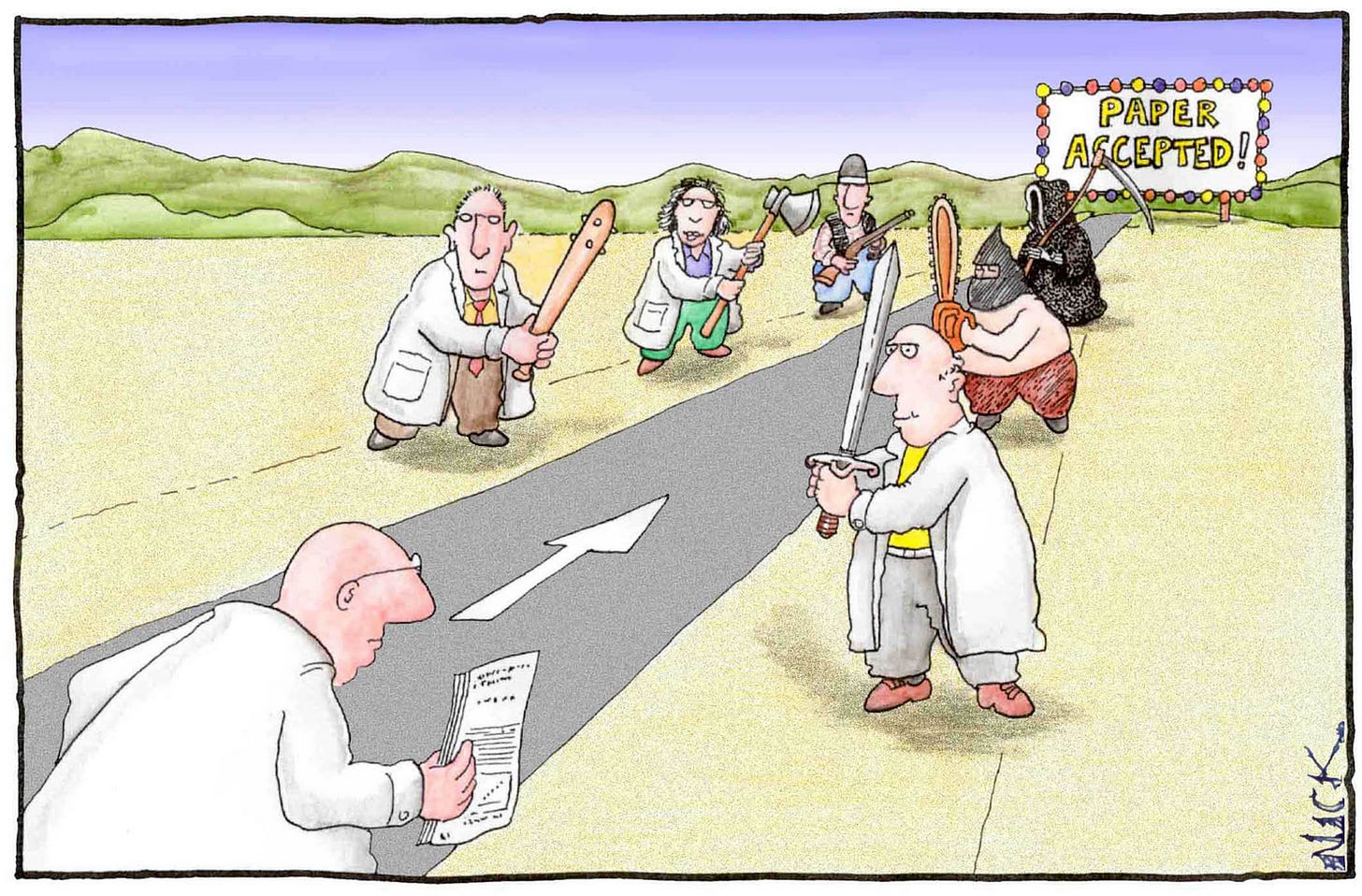A number of you have asked about the publication date for my latest book project about Colonel Robert Gould Shaw. I suspect there are a number of you out there who are unfamiliar with the process of publishing a book, so let me give you a sense of where I am in the process and how things will likely play out in the coming months.
I’ve been working on this book, tentatively titled A Glorious Fate: The Life and Legacy of Colonel Robert Gould Shaw, for about five years. It is my first attempt at writing a biography.
Back in 2021 I signed an advance contract for the project with The University of North Carolina Press, which published my last book. At the time of signing, my goal was to submit the full manuscript with a year, but that did not happen for a number of reasons.
This past April, however, I managed to finally submit the full manuscript to the publisher. Like all academic publishers, UNC sent the manuscript out to two anonymous reviewers. This is commonly referred to as peer review. The two reviewers are typically specialists in the subject area of the book. Their anonymity allows them to honestly review the book’s strengths and weaknesses.
Reviews can take upwards of six months, in some cases longer, and typically come back with one of three recommendations. (1) Reviewers can recommend publication without any changes/edits to the manuscript; (2) Reviewers can conclude that the manuscript is not ready for publication and does not meet the standards of an academic press; (3) Reviewers recommend publication, but stipulate that certain changes are needed beforehand.
The third option can get complicated. Sometimes the two reviewers will disagree with one another leaving the editor at the publisher the opportunity to offer some guidance.
Last week I received back the reader’s reports from my two reviewers. The reviews fell fell squarely under the third option. The first reader offered some very detailed criticisms of the manuscript. In fact, on top of a written assessment, this individual sent back the first 55 pages with detailed notes in the margins. I’ve never seen anything like it in all my years of reading reports for journal articles and two previous academic books. Ultimately, this reviewer could not recommend publication at this time, but suggested that making the necessary changes to the manuscript would help to get it to that point.
The second reader was much more positive and recommended publication, though this individual also offered some excellent advice on ways to improve the manuscript.
This split among reviewers is pretty common from what I understand, but it doesn’t make it any easier when you are in the moment and reading their critiques of your work. It’s hard not to take it personally.
But here’s the thing. As difficult as it is to pick your ego up off the ground, the process is absolutely helpful and necessary. It would be wonderful to receive glowing reviews, but that doesn’t help you improve the quality of your manuscript. What you hope for are substantive comments that force you to review and sharpen your analysis, improve the readability of the narrative, and correct mistakes.
That is exactly what I received last week and I thank my two reviewers for doing such a thorough job.
So, here is where things stand.
I am going to address as many of the comments as I can over the next two months. At that point I should be ready to resubmit the manuscript to the publisher. At that point the publisher will send it to the reviewers for one final pass. I am pretty confident that both will approve the manuscript for publication.
I was hoping for a Fall 2025 publication date, but with everything that still needs to be done, including finalizing photographs, final approval from the UNC board of directors, typesetting, indexing, etc., we are more realistically looking at a Spring 2026 date.
That’s OK. These things take time and I have every confidence that the wait will be worthwhile.
As always, thanks to all of you for sharing this journey with me.






Kev, I want the name and address of the first reader.....how dare him or her dad
It’s great that you shared this, Kevin. Those who write are always interested in the experience of others, and those who don’t write should be interested in the aspect of the writing and publication process that distinguishes a typical narrative history from a book that reflects the PRACTICE of history—a carefully constructed evidentiary and analytical process. The good news for people who follow you: you can both write beautifully AND execute the PRACTICE of history. Not everyone can.